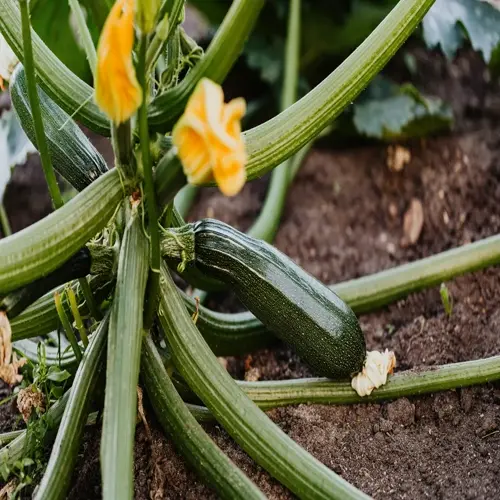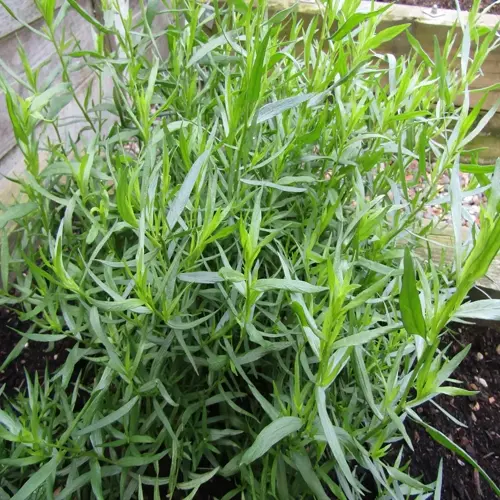Why does seed saving face legal restrictions?

Written by
Benjamin Miller
Reviewed by
Prof. Charles Hartman, Ph.D.Seed saving is limited by patent protections provided for hybrid varieties developed by various agricultural companies in the agribusiness sector. As a seed salvage steward, I have dealt with these laws for decades. Patents prohibit anyone from reproducing protected plants without the consent of the patent holder. These laws are similar to copyright, which is for artistic expression!. Patent restrictions only apply to the commercial hybrid, not to the heirloom seed, which is commonly accepted as such.
Plant Variety Protection
- Covers: Patented hybrid seeds developed after 1970
- Restriction: Prohibits commercial propagation without license
- My tip: Check seed packets for PVP numbers
Heirloom Exceptions
- Allows: Saving open-pollinated varieties freely
- Examples: Cherokee Purple tomatoes, Dragon carrots
- My tip: Source seeds from seed-saving exchanges
GMO Regulations
- Requires: Special licensing for patented genetics
- Restriction: Even accidental cross-pollination can violate
- My tip: Maintain isolation distances from GMO fields
Patent enforcement primarily applies to businesses, rather than small-scale home growers. Commercial farmers are subject to unlicensed propagation audits, while home seed savers are never faced with any. I have preserved heirlooms for twenty years without legal issues. Just ensure you know the origins of the seeds before saving them. You may end up with unintended Patent infringement.
Seed regulations have international differences. For example, regulations in the European Union follow very different rules from those in the US. My seed exporting partners in France have entirely different documentation regulations. Be sure to research the criteria for the country to which the seeds are being shipped before shipping seeds abroad, with the help of agricultural extension services.
Preservation initiatives are best directed toward unrestricted types (like heirlooms). Consider joining national seed-saving groups in each respective country, such as Seed Savers Exchange, for example, that work with legal, open-pollinated seeds. Over the years, my collection has grown and now comprises over 100 heirloom varieties that have been legally preserved for decades. These provide substantial biodiversity without worries of legal issues.
Though legal limitations are in place, they should not prevent you from performing seed conservation. Heirloom varieties can still be conserved and preserved legally. My garden currently features a collection of over 30 heritage plants that have been passed down through generations. Begin conserving compliant seeds today to protect our agricultural heritage in a legally and responsibly manner.
Read the full article: 5 Essential Tips: How to Store Seeds Properly

